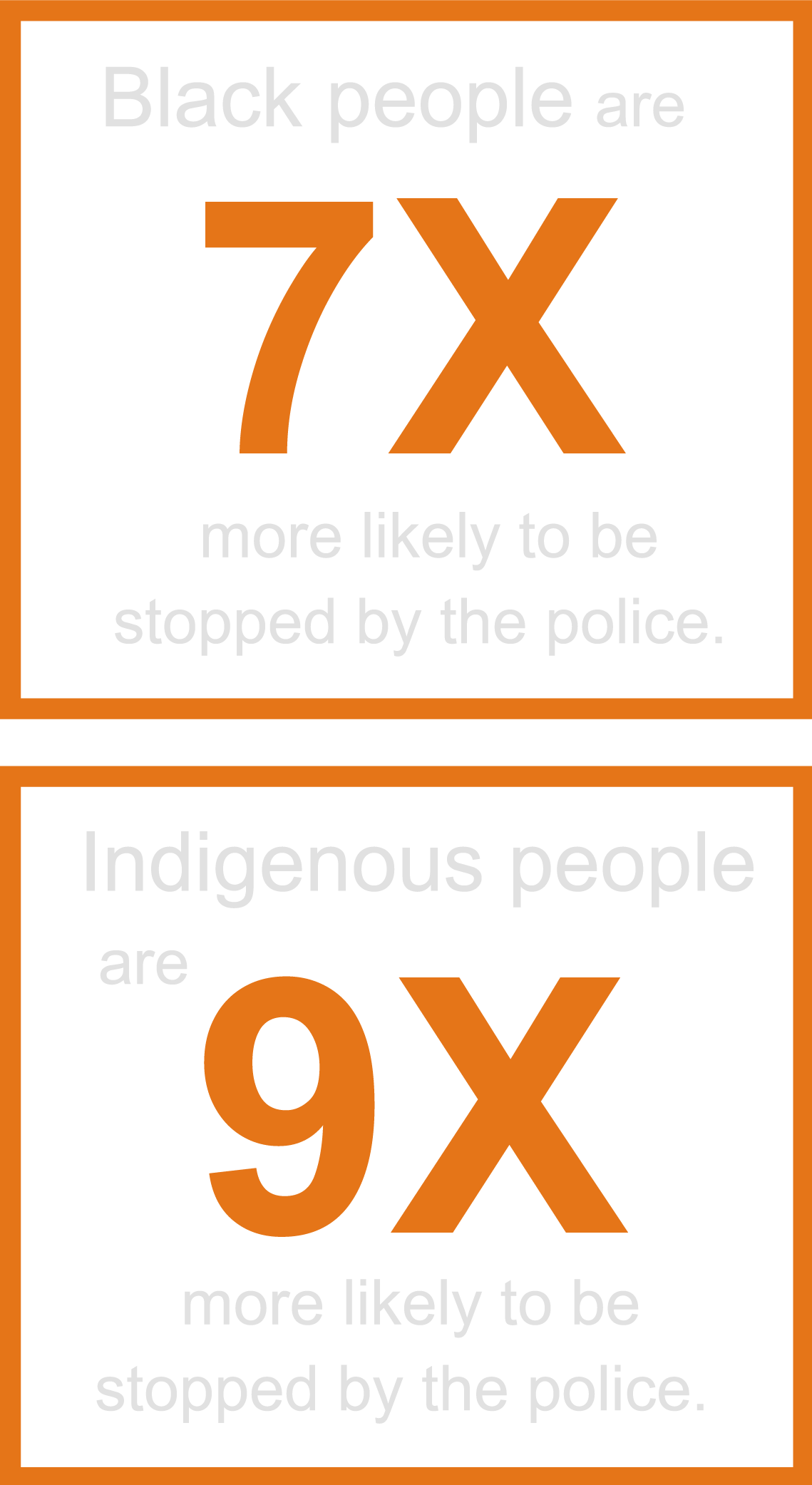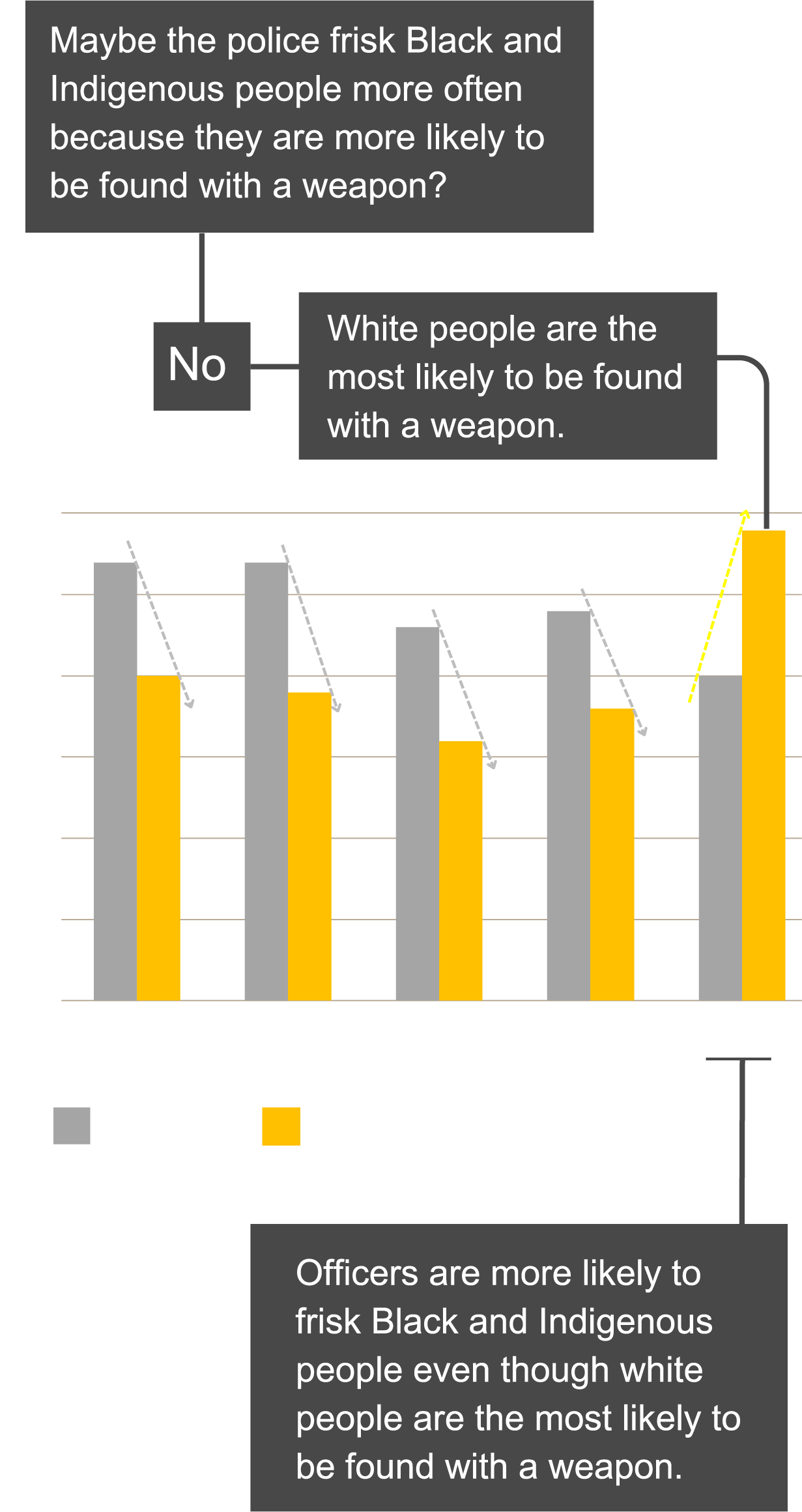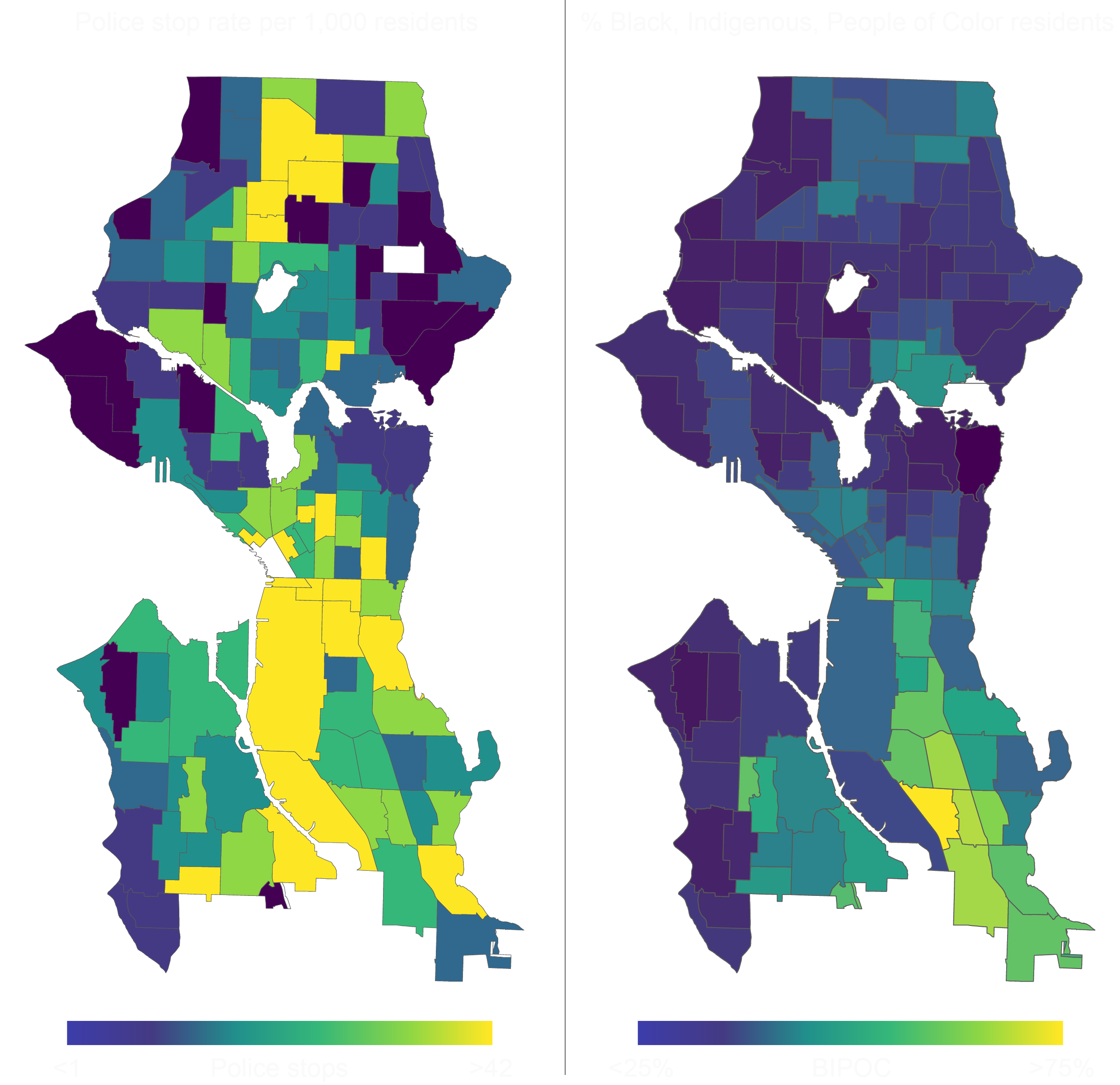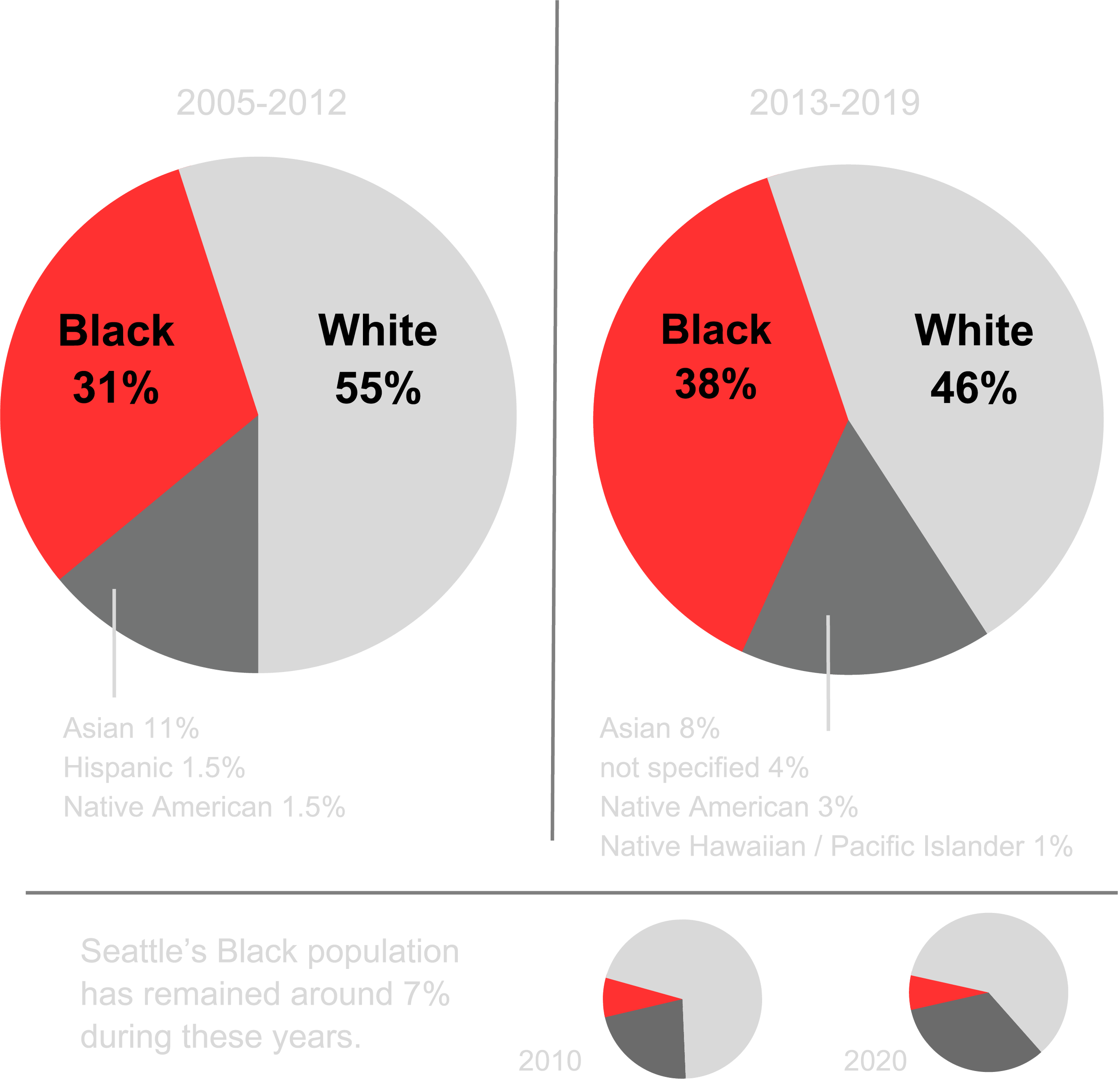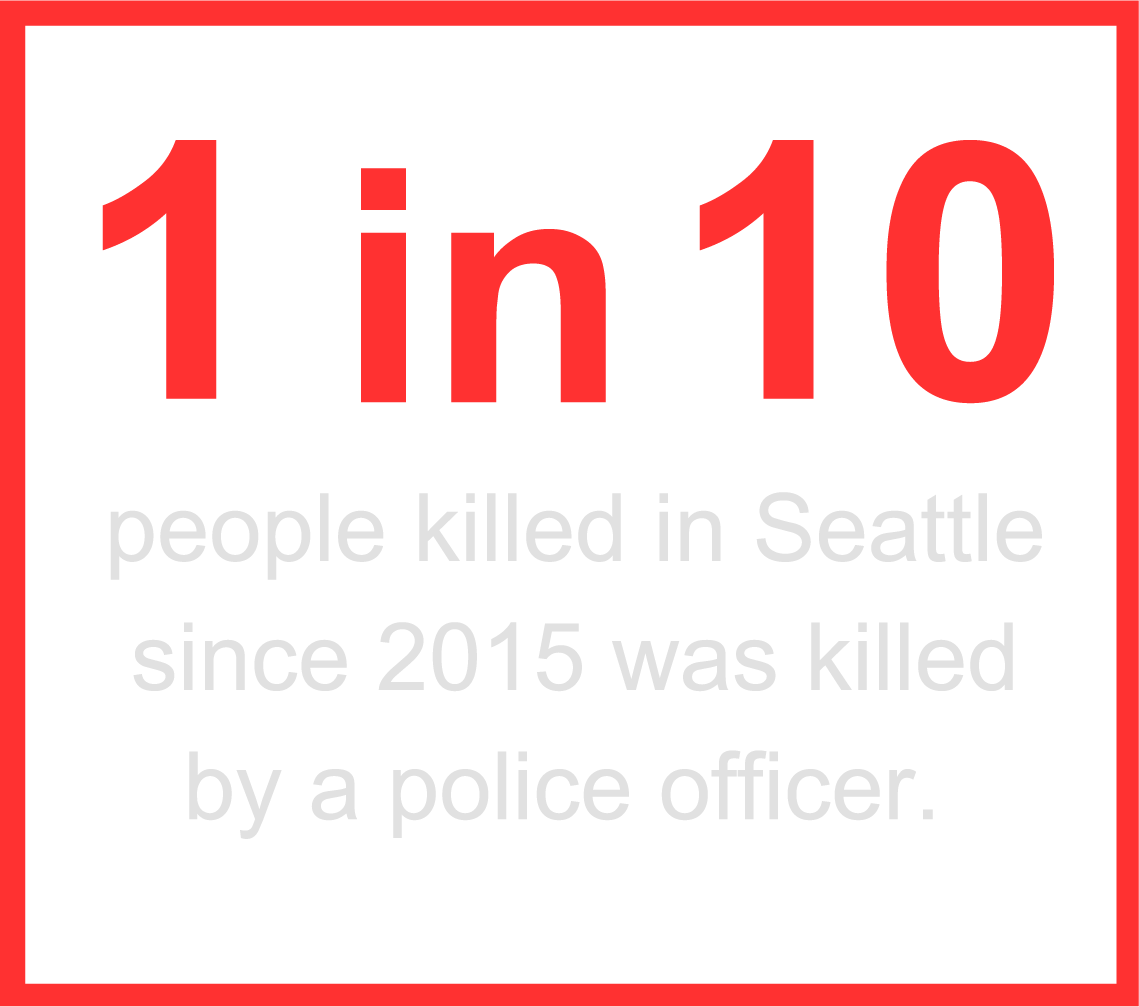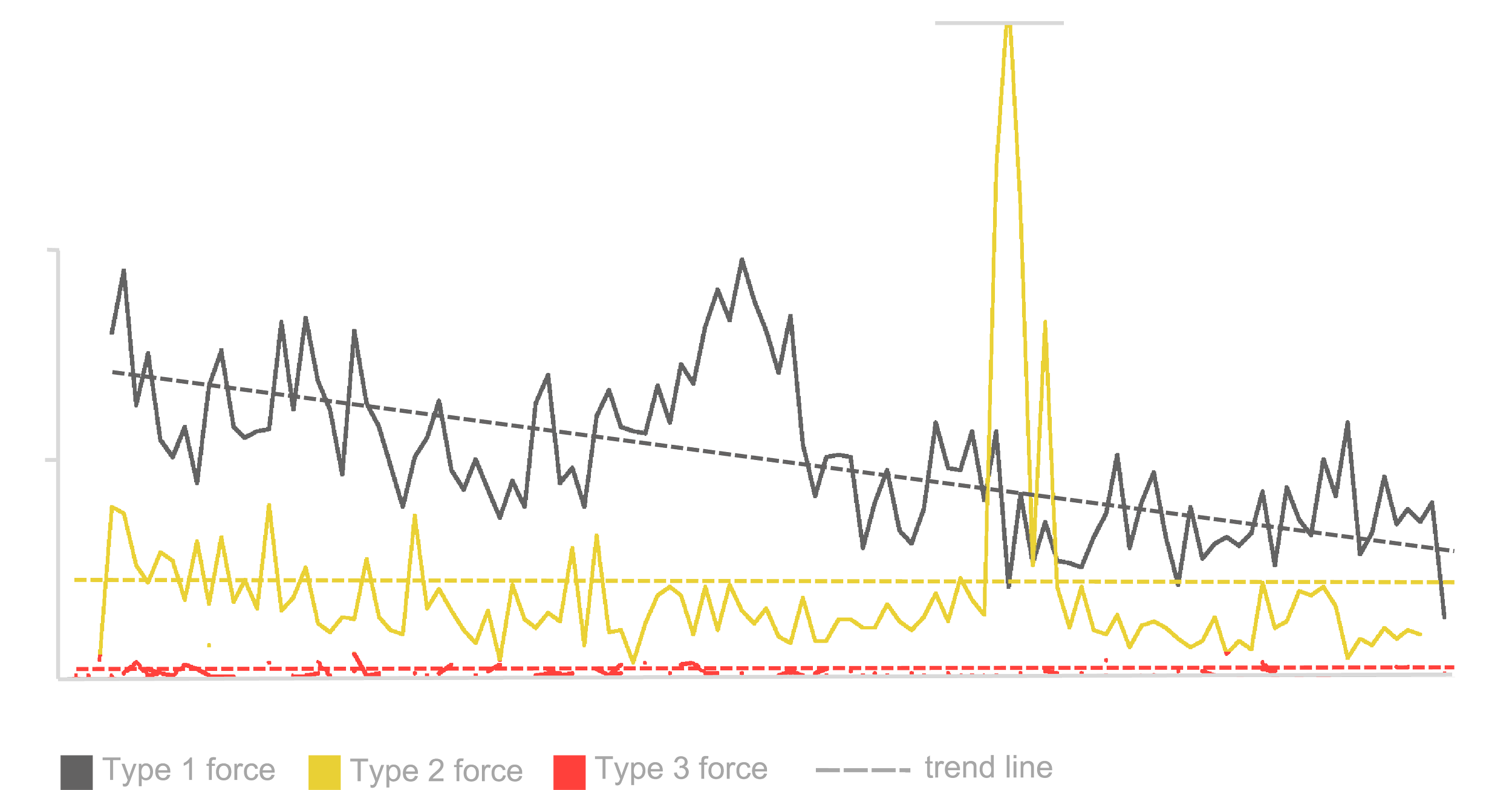THE SEATTLE CONSENT DECREE
A Community Report 2012-2013
This report was written by Defend the Defund, a group of Seattle abolitionist activists.
You might be hearing about the consent decree ending in Seattle after over a decade of federal oversight. You’re also probably seeing stories claiming the consent decree has successfully rooted out “bad cops” and reformed the Seattle Police Department (SPD). Well, here’s the truth based on the numbers:
The consent decree has been wasteful, ineffectual and harmful.
While SPD and the Department of Justice (DOJ) speak of transformation and progress over the past decade, the data tell a different story: of ballooning budgets, missed opportunities for true public safety, and a police force that continues to target people of color.
What is a consent decree?
A consent decree is a tool of last resort for police departments with ongoing histories of racist and violent policing. The U.S. Department of Justice investigates and then devises a settlement with the city government for a reform and accountability program, overseen by a federal judge until certain goals are met.
Police Department consent decrees were introduced in 1994, when Congress passed the Violent Crime Control and Law Enforcement Act. There are currently fourteen police departments with DOJ oversight agreements.
Seattle’s consent decree began over a decade ago, when 34 Seattle community organizations wrote to the DOJ asking them to open an investigation into a pattern of excessive use of force by SPD, particularly against people of color. This led to the federal supervision of SPD.
During the years of the Consent Decree, the Police Budget increased by more than $122 Million.
Annual Police Budget:
2012 = $252,200,000
2013 = $374,300,000
Population:
2012 = 636,557
2013 = 779,2000
The police budget ballooned by
48%
While the population only grew by
22%
The consent decree has blocked true community safety.
Missed Opportunities
These budget items were cut in just one year to support the growth of the police budget
Just some of the items cut from the 2023 budget. Source: Seattle Budget Office
More for Cops, Less for Everyone Else
Average Hourly Pay for Selected Seattle City Departments, 2022
Police Officers are among the highest-paid city employees. Human Service workers are among the lowest. Source: 2022 Employee Job and Wage Data, Seattle City Data.
Stealing from Jumpstart
In 2020, a large coalition, including nonprofits, labor unions, and community advocates, came together to pass 'JumpStart,' a big business payroll tax designated to fund affordable housing, Green New Deal initiatives, and equitable development.
However, shortfalls for the past two years have led the City to raid JumpStart funds to cover the ballooning police budget.
These amounts are 5-6% of the entire police budget. Source: 2023 Adopted Budget, Seattle City Data.
Police Spending Required by the Judge and Monitor
The consent decree is overseen by a U.S. District Court Judge and a court-appointed Monitor. The Judge and Monitor have been strong voices for expanding police funding.
The Judge
Here is Judge James Robart scolding the City Council for considering reducing the police budget and funding non-police emergency responses in response to the popular 2020 George Floyd / Breonna Taylor uprisings:
And when [City Council] decide to take matters into their own hands in contravention of the Consent Decree, then they drag me into a situation that I don’t want to be in, which is telling them, ‘no, you can’t do that.’
Robart also blocked a City Council ban on SPD’s use of tear gas, pepper spray and other so-called “less lethal weapons”, despite widespread reports of injury and harm to protestors. Robart’s ruling agreed with the DOJ’s advisement that:
There is a serious question regarding whether the removal of these less lethal options (in particular without additional guidance or training to officers) is in violation of the Consent Decree’s provisions.
The Monitor
The nominally independent Monitor, Dr. Antonio Oftelie, in practice has often defended SPD interests. Recent investigative reporting has revealed his close ties to the police – including evidence that a pro-police funding op-ed he published was secretly ghost-written by SPD’s Chief Strategy Officer.
Here is an excerpt from an email written by Dr. Oftelie to the chair of the City Council’s Public Safety and Human Services Committee:
The Court and the Monitor are increasingly concerned about the reduction of funding to the Seattle Police Department… The City is in a legal agreement with the Court to ensure that its police department is functioning at an exceptional level.
Dr. Oftelie has often emphasized the need for increased police spending. In this 2021 memo, he takes the City Council to task for proposing cuts to an expensive “Early Intervention” data system that was supposed to predict “bad behavior” among police – but was shown to have no predictive power:
In reviewing the Seattle City Council Budget Actions … the Monitoring Team is concerned that proposed cuts to funding for data collection and analysis requirements critical to the Consent Decree may place the City at further risk of non-compliance.
The city continues to fund this flawed system “despite near-universal acknowledgment of its failings”.
After eleven years of the Consent Decree:
Police are as racially biased as ever
Police killings have increased
We are not safer
Seattle Police Stop Black and Indigenous People at a much higher rate compared with population size
This graph shows stops made by the Seattle Police between 2018-2020 by racialized category.
If there was no racial bias, the blue and orange bars would be equal for each identity, the stops reflecting the make-up of Seattle’s population.
Police can stop and frisk anyone they claim to have a reasonable suspicion of engaging in criminal activity.
“Standing in the wrong place”, “nervousness”, and “calmness” can all qualify as reasonable suspicion.
These disparities have persisted for years and haven’t changed since 2015.
Stops with race of “unknown” jumped in 2019 to 16-17% meaning these racial disparity numbers are most likely understated. Source: Center for Policing Equity Report, 2021.
1 in 20 stops
were deemed unconstitutional in the first ten years of the consent decree, and that rate has not improved.
1 in 6 frisks
were deemed unconstitutional during that same time period.
Unconstitutional stops and frisks involve “the threatening presence of several officers, the display of a weapon by an officer, some physical touching of the person of the citizen, or the use of language or tone of voice indicating that compliance with the officer's request might be compelled”.
Source: Stops and Detentions Preliminary Assessment, Seattle Police Monitor, 2022.
Black, Indigenous, POC Neighborhoods Are Targeted
The consent decree was intended to address patterns of racially discriminatory policing. However, as these graphs with data from 2017-2019 demonstrate, Seattle police continue to stop people more frequently in neighborhoods with the largest populations of Black, Indigenous and People of Color.
Stop data includes police-civilian contacts that involve the stop and limited detention of an individual (Terry stop) based on an officer's “reasonable suspicion”. Sources: SPD Open Data, U.S. Census Bureau.
Disparities in Police Violence Against Black People
And this disparity is widening, with only 36% of SPD uses of force in 2022 being against white people. Sources: SPD Open Data, U.S. Census Bureau.
Seattle Police Target Black People
Seattle police officers disproportionately shoot Black community members. This became worse during the consent decree.
Shootings by Police Officers
In the 7 years between 2005-2012 there were 62 reported shootings. In the 6 years between 2013-2019, there were 94 shootings. Data after 2019 is not available. Source: Seattle Open Data, U.S. Census.
Police Killings Have Increased
In Seattle, police commit 11% of all homicides. Nationwide, police generally account for 3-4% of homicides.
Dr. Sherry Towers, the data scientist who brought this to light, used the ratio of police killings to homicides to control for the effect of the local violent crime rate:
I found that by all measures I examined, fatal police violence and racial disparities in police shootings became worse after the consent decree, both in total number and per homicide.
Source: Dr. Tower’s letter to Judge Robart, 5/23
Rates of Police-Caused Injury and Death Haven’t Changed
Trends in Seattle Police Use of Force, 2014-2023
Type 1 force, as defined by Seattle Police, are “soft takedowns … [or] a strike with complaint of pain.” Type 2 force “causes … physical injury greater than transitory pain but less than … substantial bodily harm.” Type 3 force “causes great bodily harm, loss of consciousness, or death.” Source: SPD Use of Force Dashboard.
For first-hand accounts of police violence during the summer of 2020, visit this website.
A Better Plan?
Invest in communities and meet people’s basic needs.
The city of Seattle and Department of Justice promised the consent decree would end police violence, address racist policing, and make SPD accountable to the people of Seattle. The monitoring team and courts overseeing the decree along with SPD insisted increasing SPD’s budget would deliver those promises.
Eleven years and hundreds of millions of dollars later, none of those promises have materialized. The consent decree is an empty police reform, like body cameras, additional training, civilian review boards, and countless others that increase police budgets without decreasing police violence and racial disparities.
Decreasing police violence and racism requires reducing community contact with the police and investing in what actually makes people safer – like affordable housing and access to health care. Community contact with police can be reduced by investing in communities and meeting people’s basic needs.
Where does this data come from?
All police data are from Seattle Open Data and the Seattle Police Monitor’s report. These data are dependent on police officer reporting, which are subject to underreporting and likely underestimation of the racial disparities in policing. Additionally, the unconstitutional stops are reported and defined by SPD, do not account for the perspectives or experiences of people stopped, and are likely an underestimate.
Where can I learn more?
ACLU Timeline of SPD Accountability All things consent decree, including links to primary documents
Seattle Police Monitor Official Monitor website
DOJ Intervention Didn’t Stop Seattle’s Police Violence. It Gave Cops More Money. Op-ed addressing a national audience
My Year As A New Orleans Consent Decree Insider Detailed first-hand account of the New Orleans experience
Derailing the defund: How SPD manipulated the media narrative around the 2020 protests Op-ed based on internal 2020 SPD records
he Chicago Consent Decree and the Fallacy of Police Reform The Chicago experience
Navigating DoJ Consent Decrees in the Context of Campaigns to Defund the Police Activist framing of how consent decrees oppose true public safety
Abolitionists and Reformers Agree on Something Recent Seattle article on why “nobody wants this”
Seattle police killings rose under federal oversight, according to data analysis Seattle Times article that broke the news of Dr. Tower’s research




